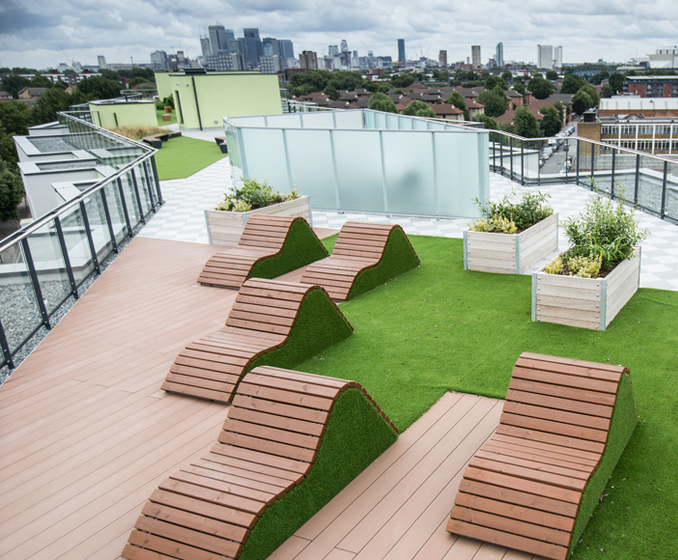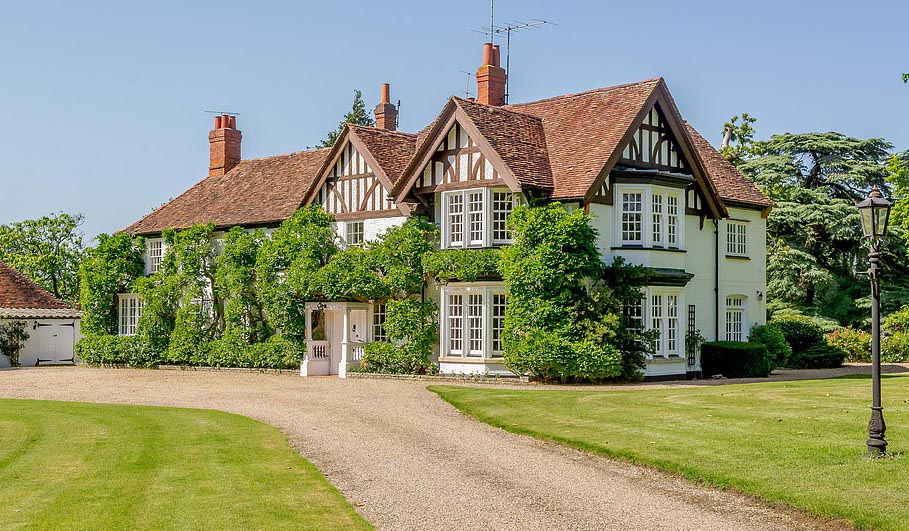Proportion of UK affordable homes approved by City Hall has doubled in number
The number of planning applications originating in London, at least 35% of the homes are affordable has increased by 45% since 2018. The proportion of affordable homes in schemes approved by City Hall nearly doubling since 2016.
This new analysis from City Hall found highlighted the fact that the number of affordable homes approved has risen from a historic low of 22% in 2016 under the previous Mayor to 40% under the current administration in 2020.
London Mayor’s introduction of a planning Fast Track Route for schemes that include at least 35% affordable housing, or 50% on public or redeveloped industrial land, has resulted in the number of planning applications with this criteria climb significantly.
The Mayor of London, Sadiq Khan, clarified: ‘Building more genuinely affordable homes for Londoners continues to be a top priority for me as Mayor. It’s great news that my approach of holding developers to account has led to a sea change in the delivery of affordable homes in our city since 2016.
‘We still have a long way to go to fix the housing crisis, but it’s clear our approach is bearing fruit – helping us to deliver the homes Londoners can actually afford, rather than the luxury penthouse apartments that were prioritised in the past.’
Councillor Darren Rodwell, London Council’s deputy chair and executive member for housing and planning, added: ‘There is no doubt in anyone’s mind that London urgently needs more affordable homes.
‘There are currently around 165,000 Londoners living in temporary accommodation arranged by their local borough – more than the entire population of cities like Norwich or Oxford.
‘Around two thirds (63%) of the total number of homeless families in England are based in the capital. Boroughs welcome the Mayor’s progress on this crucial issue for London.’
(Source: planningnews.online)









